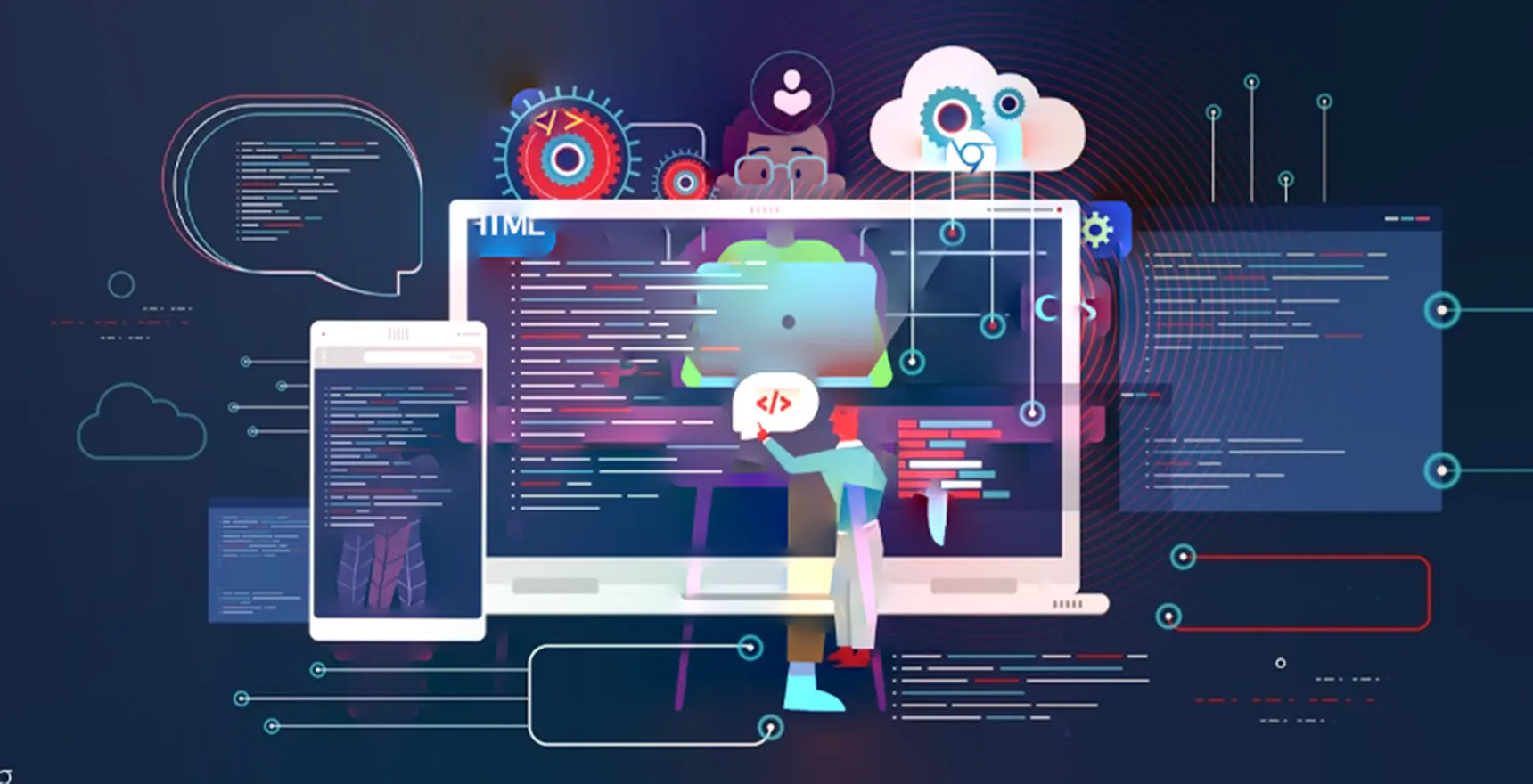
How to Develop Android App: Step-by-Step Guide for Beginners
Development
Developing an Android app can appear daunting, but with the aid of following dependent steps and first-class practices, you’ll be capable of building purposeful, brilliant applications. This guide will stroll you through a way on how to develop android app—from putting in place your environment to optimising performance and deploying at the Google Play Store.

How to Develop Android App
Their are some steps given that explain how to develop Android app.
Fundamentals and Prerequisites
To begin building an Android app, you want to meet a few prerequisites:
- Understanding Java or Kotlin
- Java and Kotlin are the number one programming languages for Android. Kotlin is now Google’s preferred language for Android improvement due to its modern-day syntax and null-safety features.
- Setting Up Android Studio
- Android Studio is the legit IDE for Android improvement, providing a whole toolset to layout, construct, and debug apps.
- Install Android SDK: This consists of equipment, libraries, and emulators essential for Android app development.
- Configure an Emulator: Use a digital tool to check your app with no need for bodily hardware.
Android App Components
Understanding key additives will assist you in shaping your utility efficiently.
- Activities: Represent individual monitors in an app.
- Fragments: Modular sections within sports that permit for a greater dynamic UI.
- Services: Background obligations jogging independently of the UI (e.g., music player).
- Content providers: enable data sharing throughout programmes.
- Broadcast Receivers: React to device-huge broadcast messages (like battery status).
User Interface (UI) Design
Design plays a crucial role in the user experience. Follow those layout principles:
- XML Layouts: Define UI additives with XML files.
- UI Widgets and Controls: Use buttons, textual content views, and sliders to create interactive UIs.
- Material Design Guidelines: Ensure your app follows Google’s layout philosophy for consistency.
- Responsive Design: Create adaptive layouts to fit diverse screen sizes.
App Logic and Functionality
- Java or Kotlin Code: Implement common sense and conduct with Java or Kotlin.
- Event Handling: Respond to person actions (e.g., button clicks).
- Data Storage: Use SQLite databases or SharedPreferences to store information.
- Networking and APIs: Fetch facts from the web using REST APIs or Retrofit.
Testing and Debugging
Testing is crucial to ensuring your app works successfully.
- Unit Testing: Test character components using JUnit.
- UI Testing: Use Espresso or UI Automator to validate the app’s UI.
- Debugging Tools: Leverage Logcat and breakpoints in Android Studio.
- Android Device Monitor (ADM): Monitor actual-time device performance.
App Deployment and Publishing
- Create an Android Developer Account: Register to submit your apps on Google Play.
- Build and Sign APKs: Create signed APK files for release.
- Publish on Google Play: Upload the APK and fill in save list records.
- App Updates: Regularly replace your app to repair insects and introduce new capabilities.
Advanced Topics
Explore this superior technology to enhance your app:
- Android Jetpack Components: Tools like ViewModel and LiveData simplify UI control.
- Kotlin Coroutines and Flow: Manage asynchronous code successfully.
- Google Play Services: Access Google Maps, Firebase, and different offerings.
- Firebase Integration: Add functions like push notifications and authentication.
Performance Optimisation
- Memory Management: Avoid reminiscence leaks with right garbage collection.
- Battery Optimisation: Minimise heritage activity to preserve battery life.
- Performance Profiling: Use the Android Profiler to identify bottlenecks.
Security Best Practices
- Data security and encryption: protect sensitive user statistics.
- Authentication and Authorisation: Use OAuth or Firebase Authentication for secure logins.
- Vulnerability Assessment: Regularly test for vulnerabilities to prevent breaches.
Emerging Trends and Technologies
- Wearable App Development: Build apps for smartwatches with Wear OS.
- AR and VR: Leverage augmented reality for immersive experiences.
- Machine Learning: Integrate AI with TensorFlow Lite for smart capabilities.
- Flutter: Use Flutter for cross-platform improvement targeting iOS and Android.

FAQs
What programming languages are used for Android app improvement?
Java and Kotlin are the primary languages, with Kotlin preferred for its modern features.
Is Android Studio important to expand an Android app?
Yes, Android Studio provides vital tools for building, testing, and publishing Android apps.
How do I publish my app on Google Play?
Create an Android Developer account, generate a signed APK, and upload it to the Google Play Store.
Can I broaden Android apps without coding understanding?
While it is viable with a few no-code equipment, expertise in Java or Kotlin is recommended for extra control and versatility.
Conclusion
This manual gives a complete evaluation of How to Develop Android App, covering all of the crucial steps, technologies, and exceptional practices. Follow these guidelines to construct amazing Android packages and ensure an easy publishing technique.
Recents

Top NAVTTC Courses in Faisalabad 2025 for Skill Development
Read Article →
Best Computer Courses 2025 to Boost Your Career Skills
Read Article →
Master Python Basics in 2025: The Ultimate Beginner’s Guide
Read Article →
Best SEO Training in Faisalabad 2025 | Learn & Grow Professionally
Read Article →
Best Digital Marketing Course in Faisalabad 2025
Read Article →
Advanced Data Science & Power BI Mastery Guide 2025
Read Article →